
Through the eyes of tourists from around the world, Korea’s capital is renowned as the hub of K-pop culture, street food, palaces, trendy fashion, and much more. From Koreans’ perspective, Seoul is seen as a city of job opportunities from conglomerates, cultural experiences such as exhibitions and concerts, prestigious universities, medical services, and so on.
For someone who has never lived outside of Seoul, one might have never wondered what life as a non- Seoul resident would be like. However, things are quite different in every aspect of life for people in non-capital areas.
Residents of non-capital areas have always lagged behind in the benefits they could have received simply because they do not live in the capital city.
For example, if they have a morning interview in Seoul, they would have to take a train the day before and book accommodations. Also, since most of the cultural facilities are concentrated there, it costs much more time and money for people living outside of Seoul to access cultural events.
As a result, a sarcastic neologism called the Republic of Seoul was coined to criticize how everything in Korea is Seoul-centered.
Ewha Voice interviewed professionals and asked individuals about their opinions to take a closer look at this issue.
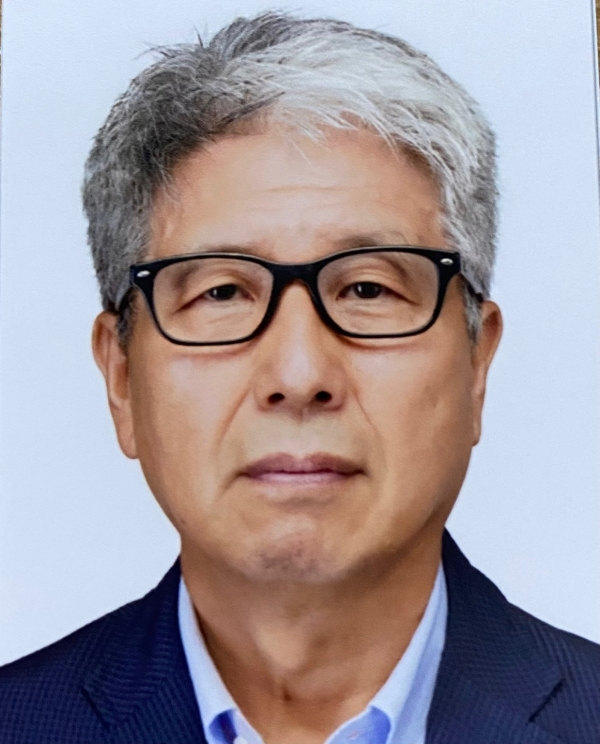
Metropolitan-area concentration is not just an issue for today
According to statistics released by the Korean Statistical Information Service (KOSIS), Korea’s metropolitan area, including Seoul, Gyeonggi, and Incheon, which takes up only one-tenth of the total territory of the country, is home to more than half of Korea’s 51.5 million residents as of last month.
In addition, 55 percent of the young generation and 86.9 percent of the large companies are located in Seoul, according to the Korea Institute for Industrial Economics & Trade.
Perhaps it may seem natural for people to flock to the capital and big cities of a country. However, the problem is that Korea’s concentration in the metropolitan area is particularly severe and it is rare for half of the population to be as over-concentrated as it is in Korea.
“The situation that Korea is now facing is unprecedented worldwide by global standards,” stated Jang Ho-soon, a professor from the Department of Media Communication at Soon Chun Hyang University.
According to Jang, today’s centralization of Seoul began when the Japanese Government- General of Korea was established in Seoul during the Japanese colonial period. Starting in this era and passing through industrialization and digitalization, he believes that this tendency has been preserved by vested interests and media in modern society.
Recently, the population of Seoul has begun to gradually decrease due to population decentralization policies implemented by former governments and the problem of high housing costs. In response, the population of Incheon and Gyeonggi has been increasing.
Kim Sung-soo, who served as a member of the Incheon Metropolitan City Council until June this year, shared his opinion on this population increase in capital areas other than Seoul.
“After industrialization, many jobs centered on the metropolitan area accelerated the influx of people into those areas,” Kim stated. “In this regard, Incheon, which serves as the western gateway to Seoul, was no exception.”
As a former congressman of Incheon, he focused on the current overcrowding in Incheon. He attributed the phenomenon to the increase in demand for relocation due to soaring housing costs in Seoul and the development of new towns including Yeongjongdo, Songdo, and Cheongna International City.
While there may be many ways to explain this metropolitan-area concentration issue, Jang cited the failure of democracy in Korea as the main cause.
“Regional balance is the core of democracy,” Jang said. “Even though there are some systems in place to preserve it, the balance has not been realized well in practice these days.”
He also pointed to a lack of willingness among people to solve the problem.
He explained that from an arithmetical point of view, as the number of non-metropolitan- area residents is larger, they theoretically have superiority over metropolitan-area residents. Yet they do not have the power to contend with the metropolitan areas. This may be in part due to local rivalries.
“Although non-metropolitan areas need to join forces, some of those areas like the Youngnam and Honam regions are at odds with each other,” he said. “In addition, a perception exists among people in non-metropolitan areas that they would be left behind if they failed to enter Seoul, leading them to live with a sense of defeat.”
Jang also expressed his opinion on other reasons for the problem.
“Most of the experts, intellectuals, and vested interests, who are not concerned about such matters, come from Seoul,” he said. “As for companies, it is relatively advantageous to invest in and attract people to the metropolitan area, as their goal is to maximize profit. Everything is bound to be concentrated in the metropolitan area.”
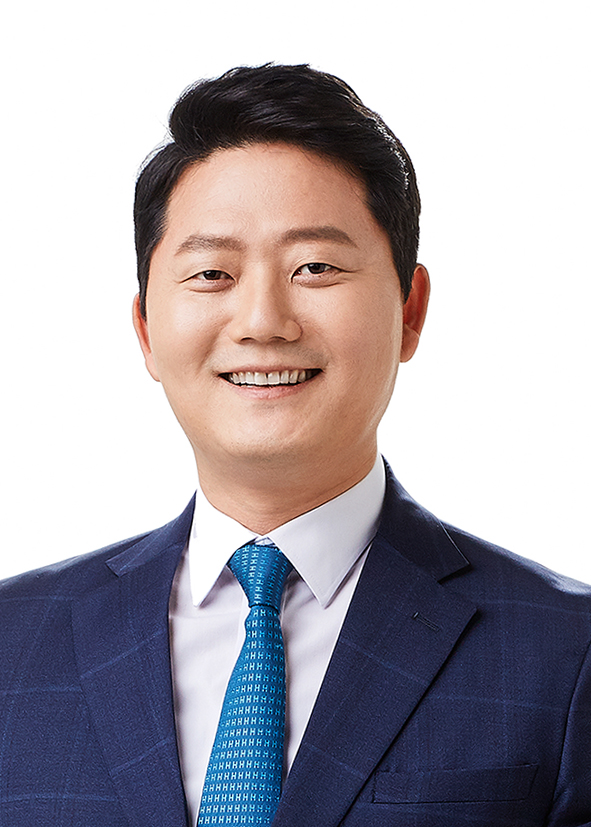
Examining real solutions for the issue
The impact of such a population concentration has been more diverse and wide- ranging than expected. While new convenient facilities are increasing in metropolitan areas, unwanted public facilities such as nuclear power and sewage disposal plants are constructed in other areas.
In addition to this, Jang stressed that many people in metropolitan areas do not think it concerns them and therefore do not take it seriously.
“But it has always raised a lot of controversy and opposition when someone proposes to relocate such facilities to Seoul,” he said. “Although many aspects of the lives of those living in Seoul are dependent upon non- metropolitan areas, they still do not recognize that we are all interconnected across the regions.”
In response to these concerns, Kim Sung-soo argued that building infrastructure is a basic but essential solution. In particular, he took issue with the overpopulation in Seoul and explained that it is an urgent task to redistribute Seoul’s population to Incheon and Gyeonggi.
While infrastructure in the metropolitan areas is insufficient due to the excessive concentration of people in non-metropolitan areas, the infrastructure itself is not properly established in the first place. Because there is not enough infrastructure, people gradually leave, and because there are fewer people, infrastructure development is slow, leading to a vicious cycle.
“Currently, Korea is the richest it has ever been in its history,” Jang stated. “However, we are not happy; we feel anxious every day. Seoul is overcrowded, and non-metropolitan areas are sunk in a sense of defeat and deprivation amid discrimination, thinking as if they have a handicap just because they are not in Seoul. In the end, whether you live in Seoul or non- metropolitan areas, everyone is going through a hard time for their own reasons.”
Jang warned that if such invisible conflicts between the metropolitan and non-metropolitan areas continue to fester, it will hinder social integration, which will result in reduced national efficiency.
As a solution to this over-concentration problem today, he noted that it is the role of the media to raise the issue first.
According to him, since politicians are necessarily concerned with gaining votes, and what experts say can sometimes be too deep for the general public to understand, the media, which is more accessible to the public, is the best agent to deal with it.
He pointed out, however, that the media is encouraging non-metropolitan-area extinction.
“Looking at the news, it is easy to notice that they only cover a bit of what is going on in the countryside,” he said. “Even in the media, there is no discussion or discourse on the issue, and as such people in non-metropolitan areas do not have an opportunity to express their opinions to the media.”
Decentralization of key institutions is the efficient key to resolving such issues in Jang’s opinion. But he admitted that it would be difficult to force the relocation of media to non-metropolitan areas as many of the media enterprises are run privately. Instead, he proposed the decentralization of universities as he believes their relocation is possible.
Meanwhile, Kim emphasized that it is important for citizens to recognize and care about the problem.
“Apart from anything else, what would draw attention from local governments is the interest of citizens about the issue,” Kim said. “We should all strive to solve the deeply-rooted problem of population concentration in the metropolitan area for all our sakes.”
Jang suggested a similar solution to the recent soaring housing costs in Seoul, which is to relocate housing and other infrastructure to non- metropolitan areas to help with the issue.
“But these are just basic solutions and common sense that anyone can come up with,” Jang lamented. “They are not what we do not know; we simply do not have the will to make it happen. Now our society should stop being hypocritical by only paying lip-service to the issue and approach it with sincerity.”
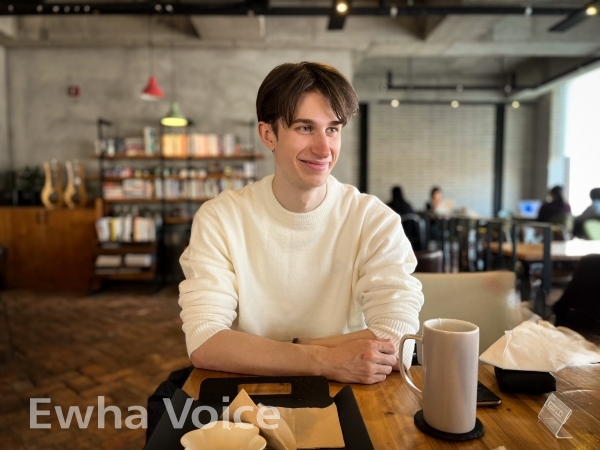
Views of foreign residents in Korea: How is the situation different in other countries?
Then, is Seoul the only capital city with a metropolitan-area concentration? Ewha Voice asked several foreign residents in Korea to compare the situation with other countries.
Tom Korner, a graduate school student at Roskilde University majoring in International Studies who came to Korea in August, figured that the situation in Germany is completely different from that of South Korea.
Körner remarked that Berlin, the capital of Germany, is the biggest city when it comes to scale. Still, he added that people can still do everything from their own cities without having to travel to Berlin.
“For example, in general, embassies are located in the capital city of a country,” he said. “However, in Germany, if one wishes to get a visa from the embassy, there will be multiple options, making the process possible in their area of residency.”
Korner perceived geography as one of the factors that contributed to Germany being more decentralized than Korea. From his point of view, as Germany is mostly flatland while Korea consists of mountains, the geographic difference results in limited residential environments in Korea. He also added that since there are not many appropriate places to live, it is natural for people to be concentrated in particular areas in Korea.
Theodore Kenneth Arthur McHardy, a junior majoring in International Relations at the University of Exeter who also arrived in Korea this August, shared his observations on the circumstances of the United Kingdom and South Korea.
McHardy noticed that companies and businesses in the United Kingdom have gravitated toward London, the capital city. However, he added the reason for this is that London is the capital city and has the most people, not because it is considered more important than other cities.
“Especially when it comes to politics, due to a constituency system, not a lot of stress is put on London,” McHardy said. “When something is discussed in parliament, local councils of every area have an equal voice as London.”
In terms of universities, McHardy explained that not all of the prestigious ones are in London. Rather, the most prestigious schools, such as the University of Cambridge, located in the city of Cambridge, and the University of Oxford, located in the city of Oxford, are not even in London.
Still, McHardy remarked that for those in search of employment, the best city to go to would be London. He mused that his future also seems to be based somewhere in London for job opportunities, but he stressed that he has never felt that London has the most power over other cities, nor has he ever felt everything revolves around the capital city.
Marc Neufeld, an assistant professor of the Department of International Office Administration at Ewha, also commented on the difference he noticed between Canada and South Korea.
Now living in Korea for more than 20 years, Neufeld has lived in different areas around Seoul such as Ilsan and Seongnam.
What Neufeld recognized while residing in Korea was that people who live in Seoul expect acquaintances to travel to Seoul themselves. For instance, when he lived outside of Seoul, his friends would never come to his area, claiming it was too far, even though it was the same distance for him to visit them. However, now that he lives in Seoul, he indicated that he also expects his friends who live outside of the city to come to him.
When asked about the situation in Canada, Neufeld remarked that the infrastructure there is more evenly distributed than in Korea.
“It would be impossible to have one central city where people would have to visit to get access to everything since Canada is a very large country,” he said. “What is more, all the provinces in Canada have their own government and capital city, which gives room for equally important cities across the country.”
Furthermore, Neufeld explained that most of the time, the universities in Canada are not ranked. This leads to students normally attending the school within the city they reside in, while in Korea, students move to Seoul to attend prestigious universities there. He further added that graduates of these universities often start to work and live in Seoul as well, which perpetuates the current situation of overpopulation.
Neufeld pointed out the geographically- small size of Korea as the main component of the phenomenon, stating that it is easy for most people across Korea to visit Seoul for a day trip to get things done, which naturally causes everything to be focused on the capital city.
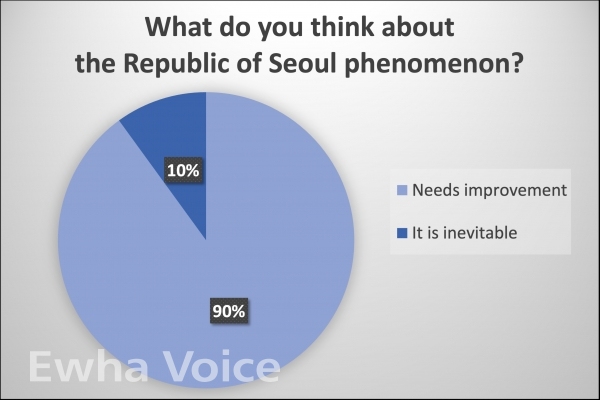
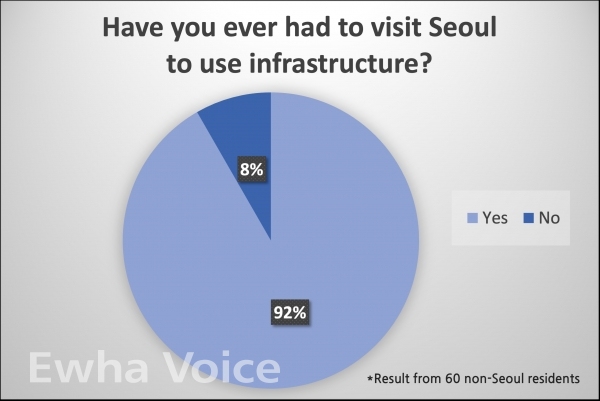
Have you ever heard of the Republic of Seoul?
According to a student survey Ewha Voice conducted from Nov. 4 to Nov. 14, all of the 70 respondents indicated that they had either heard of the term, Republic of Seoul, or were aware of the inconvenience that non-Seoul residents experience.
Among the respondents, 90 percent of the respondents replied that improvements are needed to deal with the current status, while a further 10 percent indicated that the issue is inevitable as population gathering in the capital area is a natural phenomenon that can occur.
In addition, 60 respondents who reside in non-Seoul areas have experienced visiting Seoul for their college interviews, use of medical facilities and public services, cultural events, employment, and so on.
Many of the respondents felt the impact of the phenomenon when they wanted to enjoy cultural events like concerts and festivals, most of which are held in Seoul. Other responses involved occasions when the media did not provide enough coverage of natural disasters in non-metropolitan areas unless a catastrophe occurred and when most of the trendy restaurants and cafés were concentrated in the metropolitan area.
When asked about the measures that Korea should take to ease the phenomenon, the respondents came up with several suggestions such as the even distribution of infrastructure and universities, more job opportunities in areas outside of Seoul, and the expansion of transportation between non-capital cities.
Although a thriving capital city could attract global attention and bring more profits to the country, it is also crucial to take more action to take other cities into account and to ensure non-Seoul residents have equal opportunities. The time has come to be freed from the Republic of Seoul and reach regional equality in Korea.

